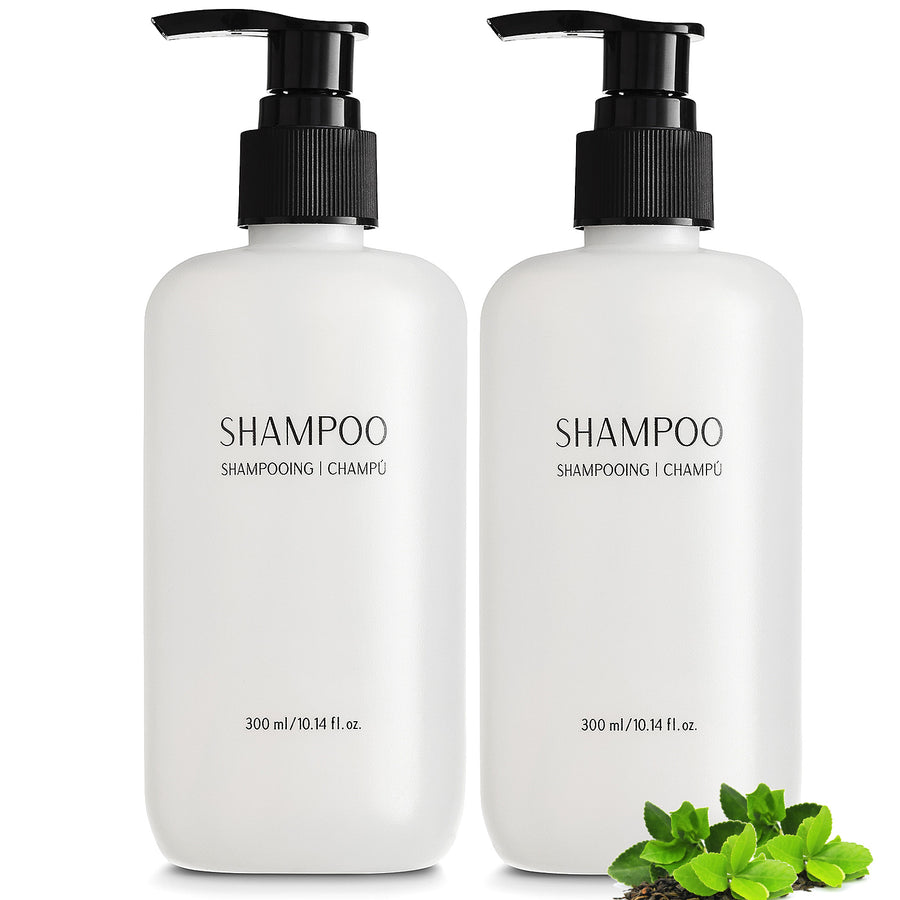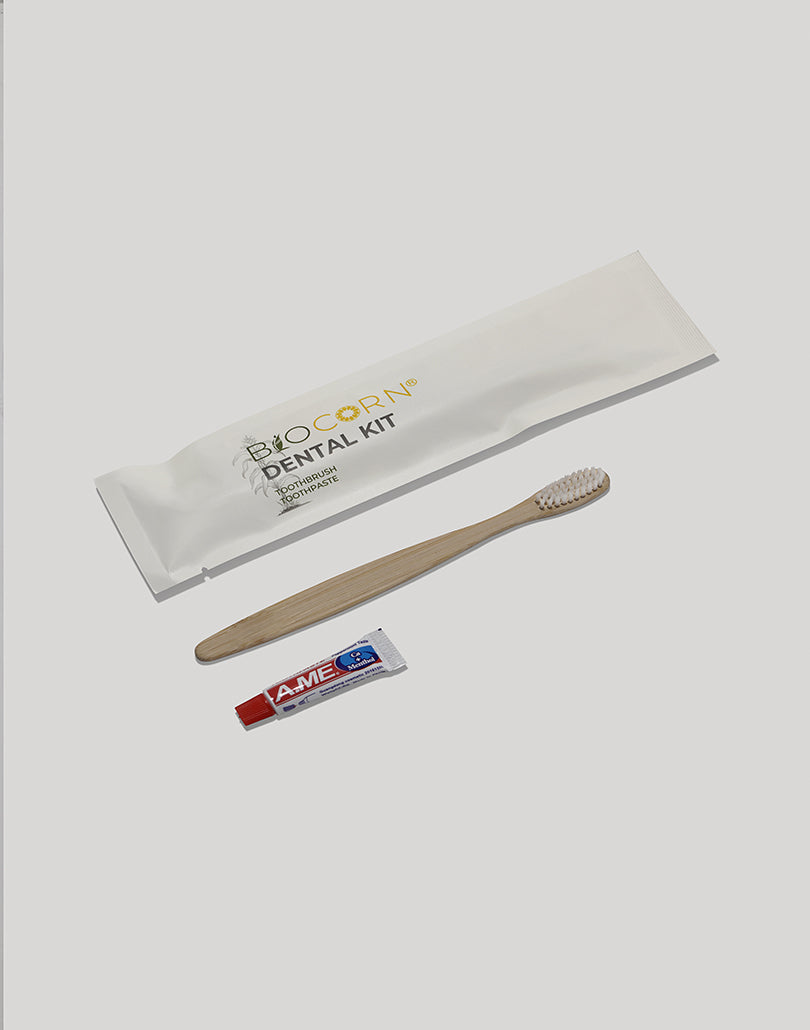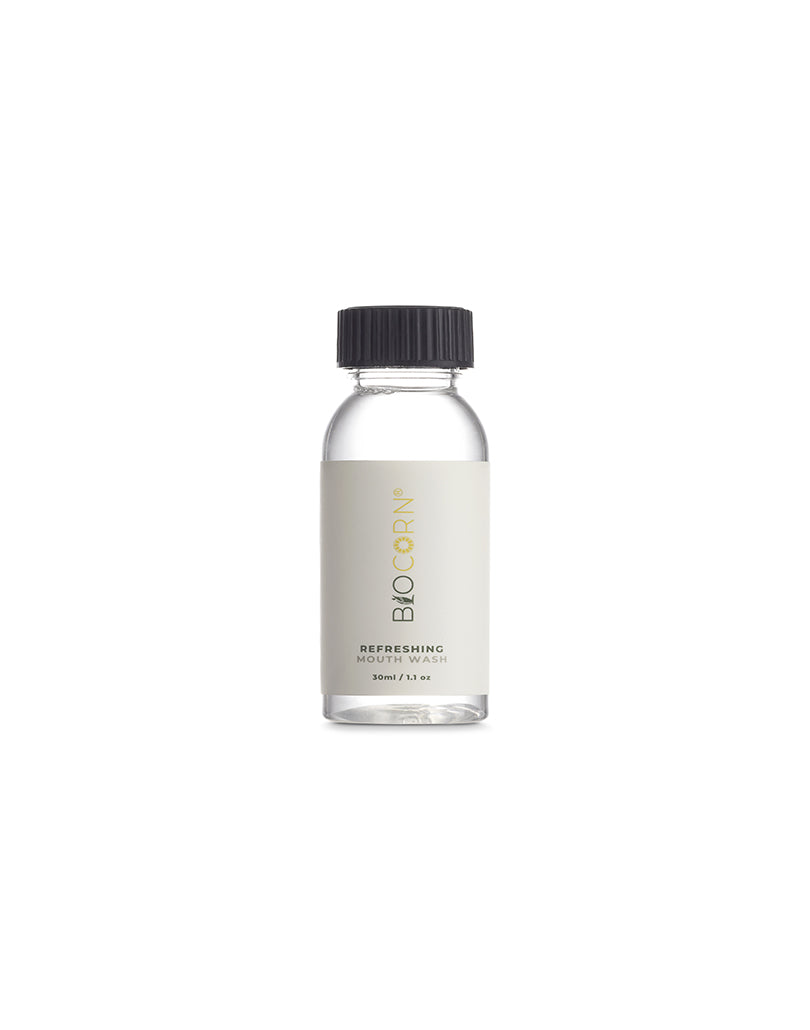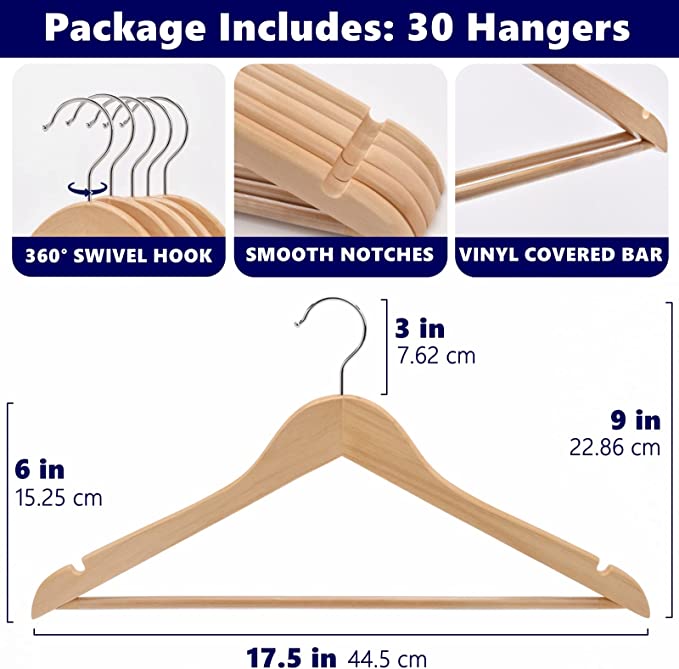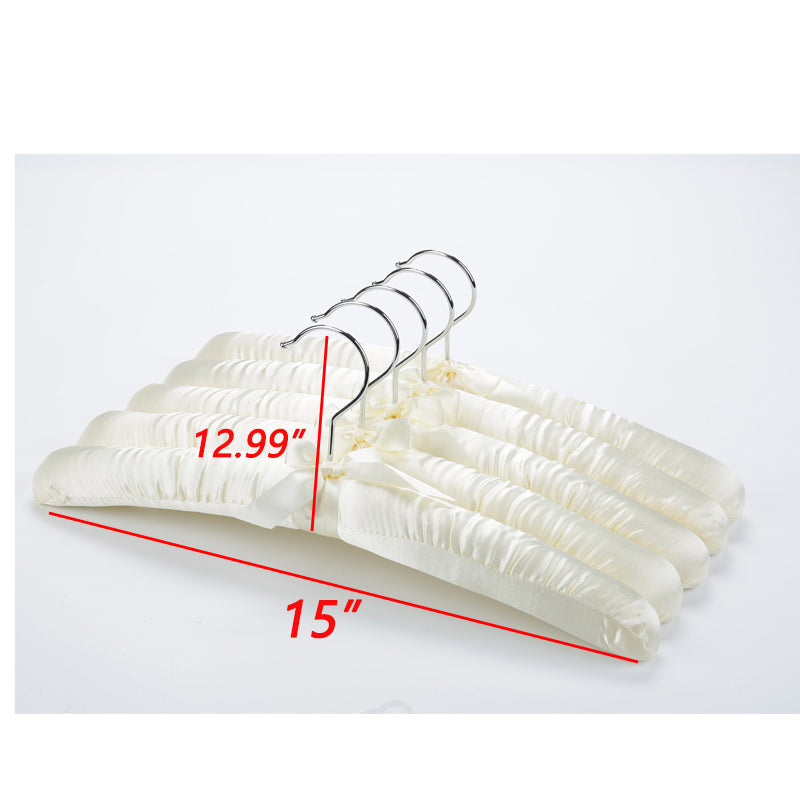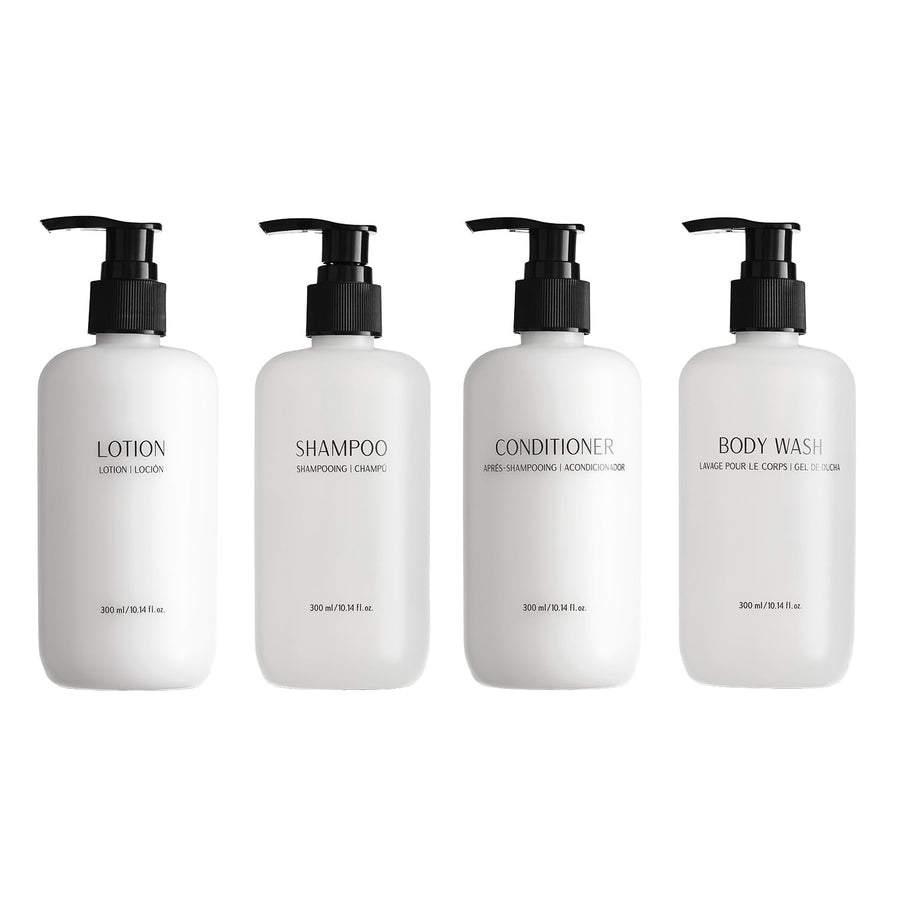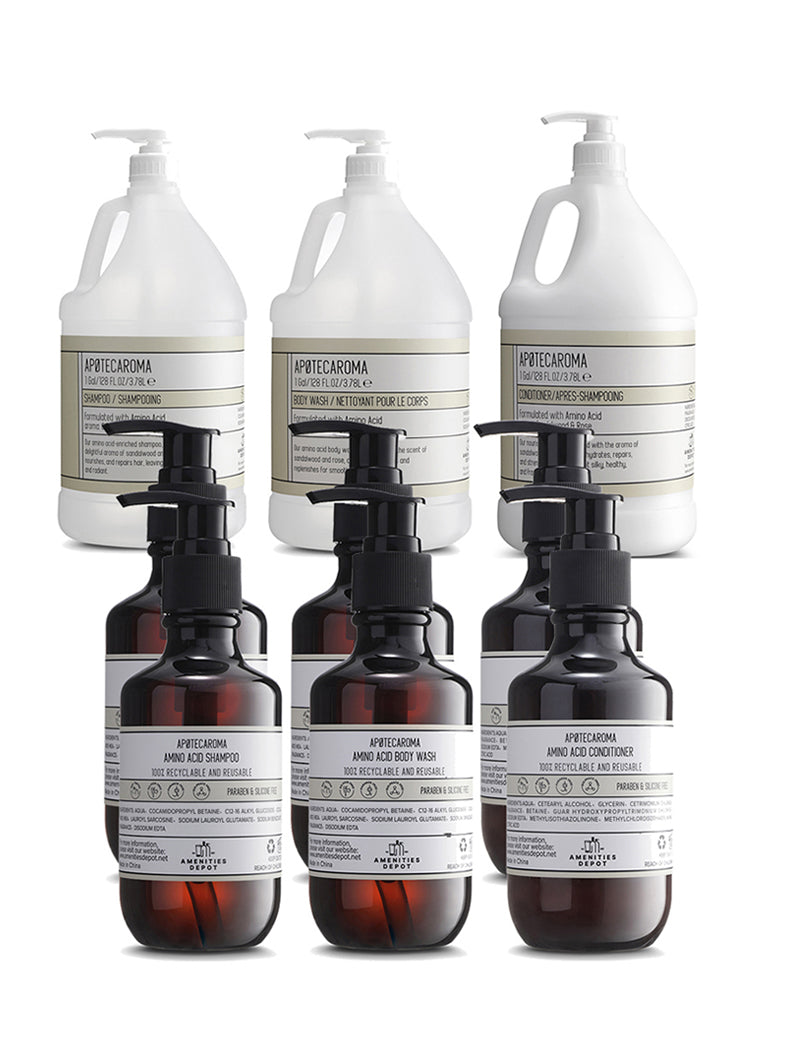Shoulder Season: What, Why, And How Your Hotel Can Benefit From It
Understanding and leveraging shoulder season can be a game-changer for our hotel. Shoulder season, the period between peak and off-peak seasons, offers unique opportunities for increasing occupancy and revenue. By effectively utilizing this time, we can create a more consistent flow of guests and improve our overall performance. In this article, we'll explore what shoulder season is, why it matters, and how our hotel can benefit from it.

What is Shoulder Season?
Shoulder season refers to the transitional periods between the high (peak) and low (off-peak) travel seasons. These periods typically occur in the spring and fall when the weather is still favorable, but there are fewer tourists compared to the peak season. The exact timing of shoulder season varies depending on the location and climate. For instance, in a beach destination, shoulder season might be the months just before and after the summer rush.
This season is characterized by moderate hotel rates, less crowded attractions, and more availability of services, making it an attractive option for budget-conscious and experience-focused travelers. Understanding the specifics of our destination's shoulder season is essential for strategic planning and marketing, allowing us to offer tailored packages and experiences that highlight the benefits of visiting during this time.
Why Shoulder Season Matters
The significance of shoulder season lies in its potential to balance occupancy rates and revenue throughout the year. While peak season brings a surge of guests and high rates, it can also strain resources and staff. Conversely, the off-peak season might see reduced occupancy and lower income.
Shoulder season offers a middle ground, with steady demand and opportunities for higher revenue without the intense pressure of peak times. Guests traveling during shoulder season often seek a more relaxed and intimate experience, allowing us to provide personalized service and attention.
These guests might also stay longer and spend more on amenities and services, as they are typically looking for a leisurely and immersive experience. Furthermore, shoulder season travel is appealing to certain demographics, such as retirees, remote workers, or couples without children, who prefer to avoid the peak season rush.
Optimize Pricing Strategies
Optimizing pricing strategies during shoulder season is crucial for attracting guests and maximizing revenue. Dynamic pricing, which involves adjusting room rates based on demand, competitor pricing, and market conditions, can be particularly effective.
By monitoring trends and competitor rates, we can set prices that are competitive yet profitable. Offering special deals and packages is another way to attract guests. For example, we could provide discounted room rates combined with complimentary amenities such as breakfast, spa services, or local attraction tickets. These packages add value and make staying with us more enticing.
Additionally, utilizing advanced revenue management systems can help analyze data and predict demand patterns, allowing for more strategic pricing decisions. Flexible booking policies, such as free cancellations or date changes, can also encourage bookings, as they provide peace of mind to travelers.
Tailor Marketing Campaigns
Creating effective marketing campaigns for shoulder season involves highlighting the distinct advantages of visiting during this period. Focus on benefits like fewer crowds, lower prices, and comfortable weather. Use engaging visuals and content to showcase our hotel’s amenities and nearby attractions that remain accessible.
Producing seasonal content such as blog posts, videos, and virtual tours can generate interest and provide useful information to potential guests. Partner with travel bloggers and influencers to broaden our reach and add credibility to our promotions. Additionally, targeting specific demographics such as retirees, couples, and remote workers, who often travel during shoulder season, can be particularly effective.
Tailored marketing messages that resonate with these groups can significantly enhance engagement and bookings. By deploying strategic marketing efforts, we can attract guests who value the unique perks of shoulder season travel, thereby boosting bookings and revenue.
Enhance Guest Experience
Enhancing the guest experience during shoulder season can lead to positive reviews and repeat business, which is crucial for maintaining a steady flow of guests throughout the year. Focus on personalized service by training staff to anticipate and respond to individual guest needs.
Offer unique amenities and experiences that cater specifically to shoulder season travelers, such as guided tours of local attractions, cooking classes featuring regional cuisine, or wellness retreats. Pay attention to small details that can make a significant impact, such as welcome gifts, personalized notes, or complimentary upgrades for loyal guests.
Consider organizing special events or activities within the hotel, like wine tastings, craft workshops, or themed dinners, to provide guests with memorable experiences. Ensure all facilities are well-maintained and that the hotel environment is warm and inviting. By exceeding guest expectations and providing exceptional service, we can enhance satisfaction, encourage positive word-of-mouth, and build a loyal customer base that chooses our hotel for their future travels.
Collaborate with Local Businesses
Partnering with local businesses can significantly enhance the guest experience and provide additional value during shoulder season. Establish relationships with nearby restaurants, tour operators, and attractions to create exclusive packages and offers for our guests.
For instance, collaborate with local eateries to offer dining discounts or with tour companies to provide unique experiences like guided hikes, historical tours, or wine tastings. Host joint events or promotions that highlight the best of what our destination has to offer, such as local festivals, markets, or cultural activities.
Encourage local businesses to refer guests to our hotel and reciprocate by promoting their services to our guests. Additionally, consider setting up a local guide or concierge service that helps guests explore the area and discover hidden gems.
Focus on Sustainability
Shoulder season is an excellent time to implement and promote sustainable practices at our hotel. Highlight our commitment to sustainability through eco-friendly initiatives such as reducing waste, conserving water, and sourcing local and organic products.
Encourage guests to participate in our sustainability efforts by offering incentives for opting out of daily linen changes or using reusable water bottles. Promote our green practices in marketing materials to attract eco-conscious travelers who prioritize sustainability.
By understanding and leveraging the shoulder season, we can optimize occupancy, increase revenue, and enhance the guest experience. Implementing dynamic pricing strategies, tailoring marketing campaigns, and collaborating with local businesses are just a few ways we can capitalize on this unique period.


